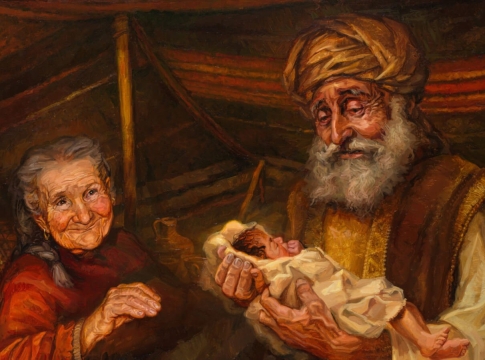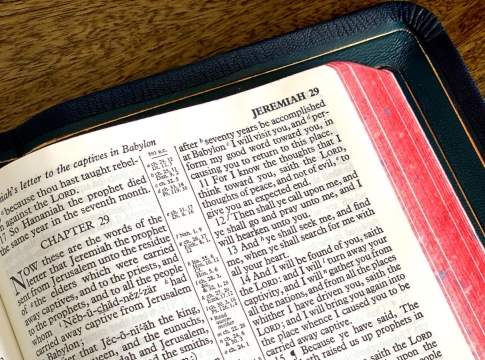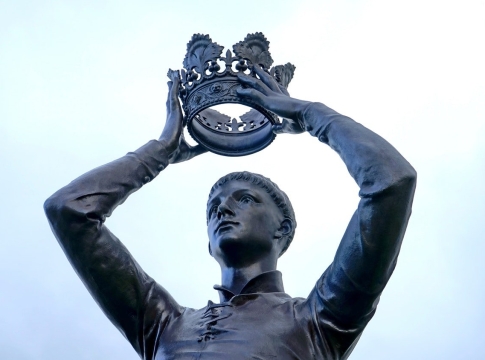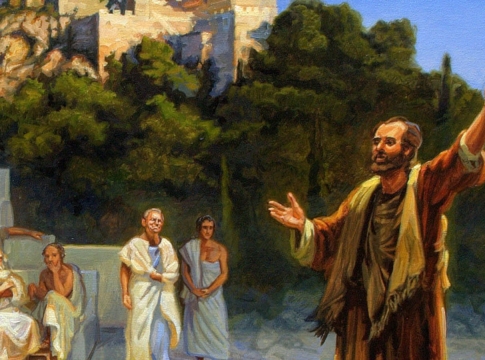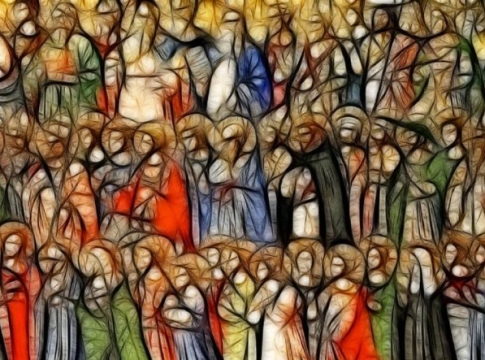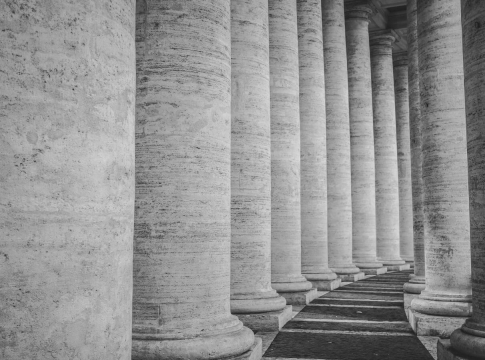
In the Bible, Elijah initially appears in 1 Kings 17, during Ahab’s reign as king of the northern kingdom of Israel. He was a Tishbite, which may indicate that Tishbe was his birthplace, but other than that, very else is known about him.
Historical context
Israel was split into two kingdoms at this stage in its history: Judah, the southern kingdom, and Israel, the northern monarchy. The temple served as the focal point of worship for the majority of the southern kingdom’s adherents to the divine.
The Northern kingdom had defied Solomon’s son Rehoboam and installed Jeroboam as king instead. He instituted idolatry to protect his realm, which caused the Northern Kingdom to drift more and further away from the Lord.
When Elijah appears on the scene, Ahab is the king. He is wed to Jezebaal, a former Baal priestess. She was well known for being evil, and she furthered the guilt of Ahab and the Northern Kingdom.
Elijah’s life
Elijah addresses King Ahab at his first apparition, bringing a prophecy from God that the kingdom’s sins would prevent rain for several years.
God then instructs Elijah to travel to a stream known as Kerith (Cherith) on the eastern bank of Jordan. God provided him with food every day in the form of meat and bread, and he was able to drink from the brook’s water. God sent Elijah instructions to go to a widow in Zerephath when the brook dried up. Elijah traveled at least 120 miles, but he most likely took a detour to avoid being discovered by Ahab’s spies who were hunting for him.
God takes care of Elijah and the widow
Elijah met the widow, who had been impacted by the effects of the drought, as she was out gathering firewood for her and her son to have one last meal. He requested a glass of water, and as she turned to retrieve it, he followed up with another request for food.
This was when the widow told him that all she had left was a little wheat and oil for their final meal together. Elijah promised that the bread and oil would last as long as needed, but only after she made something for him first.
Elijah spent the remainder of the drought staying with the widow and her son as a result of their meeting. When her son passed away during this period, the woman’s [faith was] put to the test a second time. When she asked Elijah why this had happened, he answered, “Give me your son,” led her to an upstairs room, and prayed to God on behalf of the mother and her son. Elijah cried out to the Lord, and the son was revived from the dead. At that point, the widow came to believe in Elijah’s calling and his stature as a man of God.
Who is the true God?
The historic meeting between Ahab and the prophets of Baal on Mount Carmel occurred following a three-year drought (1 Kings 18). The king Ahab did not acknowledge God’s punishment in the form of the drought or show repentance. He continued to accuse Elijah.
Elijah arranged a conference for the king, himself, and the 450 prophets of Baal, as well as anybody else who want to attend. This was a confrontation between Baal and God. The concept was simple: two altars with prepared sacrifices would be present. The Baal prophets would call for fire to be sent by Baal, while Elijah would ask for fire to be sent by God; whoever responded with fire for the sacrifices would be recognized as the one real God.
The Baal prophets went first, calling on Baal to send fire for hours on end. Elijah finished preparing his sacrifice, dousing it with water, and calling out to God. God responded right away, burning the sacrifice, the wood, the stones, and even the water that remained at the base of the altar with fire. The people exclaimed, “The Lord, He is God!” when they saw God’s hand at work. The Lord is God, indeed.
Elijah gave the order to put the false prophets to death. He then assured Ahab that rain would come from God. This took place. Regretfully, Elijah fled into the desert following Carmel’s victory out of concern for his life because Jezabel had vowed to kill him.
God gives Elijah new strength and new tasks
At last, he told God he wished to die while sitting beneath a juniper tree. God treated him with gentleness. He let him sleep for a while, got him some food and drink, and then let him sleep some more. After that, God brought him to Horeb, where he spent the night in a cave before having an encounter with God. Elijah was informed by him that although he felt alone and scared, God still had worshippers in Israel when he was recommissioned.
Elijah was given three missions by God: to anoint Jehu as King of Israel, Hazael as King of Aram, and Elisha as his successor. Elisha was anointed by Elijah, who then made him his servant.
Following these pivotal moments in his life, Elijah makes a few more appearances.
- 1 Kings 21: to question Ahab about his involvement in Naboth’s murder in order to get his vineyard.
- to deliver a prophecy that King Ahaziah, Ahab’s son, will die, according to 2 Kings 1.
- In 2 Kings 2, a chariot of fire powerfully transports Elijah to heaven.
Elijah in the New Testament
The New Testament makes thirty references to Elijah, several of which have to do with Jesus (see below). The apostle Paul tells us in Romans 11 that although Elijah felt totally abandoned by God, there were still Israelites who remained obedient to him. James 5:17 states that although Elijah was a human being like the rest of us, his prayers had a powerful impact.
Jesus Christ and Elijah
The two well-known references of Elijah with Jesus are
- As a precursor to Jesus, John the Baptist was prophesied by the Jews to come in the spirit and might of Elijah (Luke 1:17), and Jesus himself affirms that John came in fulfillment of this prophecy to make preparations for the Messiah (Matthew 17:12).
- The second was Elijah’s presence on the Mount of Transfiguration alongside Jesus and Moses. Refer to Mark 9:2–13, Luke 9:28–36, and Matthew 17:1–13.
Some lessons for us
- At a point in Israel’s history when it appeared that the nation’s authorities had little interest in God and that the people were far from Him, Elijah was a man anointed by God to proclaim the word of God. God has chosen us to be His people in this time of seeming disconnection from God and disinterest in Him among many of the world’s leaders. We are to [proclaim the message of redemption].
- God supplied Elijah’s needs and kept him hidden for however long it took. If we attempt to obey and do His will, Jesus says that He will also provide for all of our needs (Matthew 6:31–34).
- Elijah was a human being just like us (James 5:17) and although he did accomplish great things for God he also suffered from a period of self-doubt, fear, and wanting to die. This came immediately after his great victory at Mount Carmel. We need to remind ourselves that we too are in a spiritual battle and it is likely and to be expected that when God has used us in some way, our enemy the devil will be trying his hardest to discredit us, tempt us and accuse us in order that we will stop being a threat to him. Being able to listen to God’s voice and taking time out to be refreshed, revived and restored is not just a nice thought but something that everyone who is a child of God needs to take note of so that we will not grow weary or lose heart (Hebrews 12:3).
- One man in particular stood out from the throng: Elijah. He had a distinctive wardrobe (2 Kings 1:7-8), which made him easily identifiable. In order for the world to accept us, we don’t need to try to fit in with them or be so different from them that people tease or laugh at us. Neither do we need to be like everyone else. In order for people to notice that we are different from the rest of the world and that our lives exalt God, we as God’s children must be secure in who we are in Christ (Matthew 5:16).
Thanks to GospelImages for the image.
